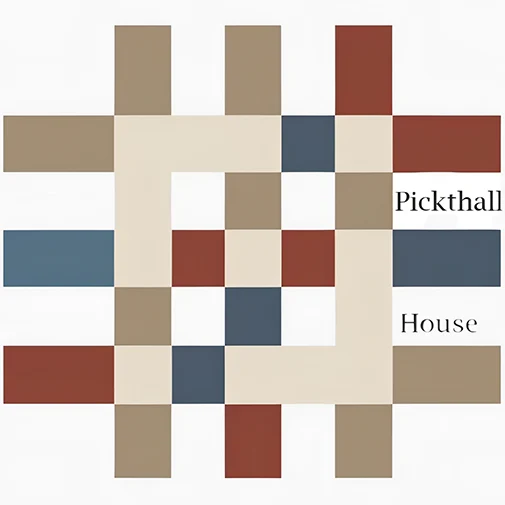Pickthall House commends the government’s intention to introduce an official definition of Islamophobia, but recommends a cautious approach that protects freedom of speech for all.
Clearly, the recent riots, which have seen several attacks on mosques and on Muslim individuals, have underscored the urgent need to counter hatred and prejudice directed against the Muslim community.
Adopting a legally non-binding definition of Islamophobia, parallel to the government’s existing definition of anti-Semitism, could be an important first step towards co-ordinating policy to fight this hatred. At the same time, it is important to emphasise that this step will not ban any speech that is not already illegal, merely guide government policy in identifying and responding to Islamophobic discourse, without censoring it.
The parallel with anti-Semitism raises issues that need to be addressed carefully, however. The IHRA definition of anti-Semitism, which the previous government adopted in 2016, equivocates as to whether the particular non-Zionist geopolitical stances, such as supporting the creation of a binational state in the territory of Israel/Palestine, qualify as anti-Semitic. While the definition has not prevented courts from protecting speech critical of Zionism, it has raised legitimate concerns about freedom of expression.
It is therefore important that any official definition of Islamophobia covers deliberate attempts to stir up hatred and prejudice but does not identify particular political or religious opinions as inherently Islamophobic.
The existing All-Party Parliamentary Group definition of Islamophobia is a good starting point, but it needs to be interpreted with caution. The definition rightly lists various tropes that are often characteristic of Islamophobia, but it is equivocal as to whether, for instance, the claim that Muslims are “more loyal to the ‘Ummah’” than to Britain is always and everywhere an instance of Islamophobia, or merely a plausible tell-tale sign that Islamophobia may be present.
The latter position is the correct one, and the one the government should adopt. Professor Tariq Modood has proposed five tests for Islamophobia, which the government would be wise to consult. For Dr Modood, discourse only fails the test if it stereotypically assumes all Muslims share the same views, excludes Muslims from dialogue, is unwilling to engage in mutual learning, or is uncivil or insincere.
None of these five tests rule out the content of specific opinions as inherently Islamophobic; all of them focus on the manner of expression and the speaker’s intention. Nothing in Dr Modood’s proposal contradicts the APPG definition; rather, it is capable of guiding interpretation.
The government must urgently protect its Muslim citizens from the specific forms of prejudice that they face. At the same time, it must urgently protect freedom of speech for all, and (just as importantly) be seen to protect it. This is the only way we can begin to defuse the polarisation and divisive culture wars that continue to rage, even now order has been restored to our streets.


